Is Microsoft planning a smartwatch?
Patent shows Microsoft may be stepping into the wearables market with new biometric smartwatch
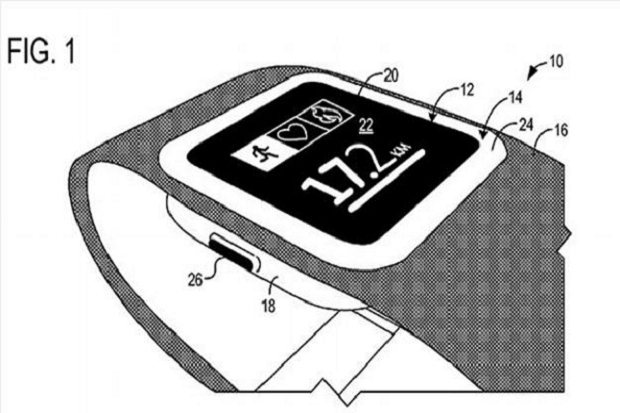
A patent filing from Microsoft has been spotted suggesting the company has designs on releasing its own biometric smartwatch.
The patent outlines a central device, fitted into the band of a watch, which boasts a touchscreen display on top and an optical light sensor underneath. The sensor will be used to measure exercise-related metrics from a user's skin, which can be manipulated on the device's display.
Images alongside the release show three modes of interactive biometric data: a running man, which displays the length of the current run, a heart for heart rate, and a small flame, for showing the amount of calories burned. To avoid any possible corruption of the data, the watch will include gaskets to prevent unwanted light reaching its sensors.
Though the patent makes a lot of noise about the biometric potential of the smartwatch, other features will include a cloud-based music player, alarm clock, telephone app and messaging platform.
The central device can be removed from the watch and mounted into a compatible dock for charging the display or storing information. According to the patent, the plurality of the frame means it will be compatible with other electronic mountings, like gym equipment.
This isn't the first time Microsoft has made a move on the wearables market. The company launched Smart Personal Objective Technology (SPOT) watches back in 2002, with the project ultimately falling short and being discontinued in 2008.
A patent report does not mean a product is definitely on the cards. Though with Samsung's Galaxy Gear and Google's Android Wear already released, and rumours around Apple's iWatch growing stronger, Microsoft might just be preparing to throw its hat into the ring before it falls behind in the market.
Sign up today and you will receive a free copy of our Future Focus 2025 report - the leading guidance on AI, cybersecurity and other IT challenges as per 700+ senior executives
-
 Google DeepMind partners with UK government to boost AI research
Google DeepMind partners with UK government to boost AI researchNews The deal includes the development of a new AI research lab, as well as access to tools to improve government efficiency
-
 Is BESS the key to data center energy demand?
Is BESS the key to data center energy demand?In-depth Battery energy storage systems can evolve from a transitional solution to a core asset for data centers
-
 Wearables: First Windows 10 smartwatch is on its way, and it means business
Wearables: First Windows 10 smartwatch is on its way, and it means businessNews Specs are hard to come by, but we know it will be built on Microsoft's Windows 10 IoT OS
-
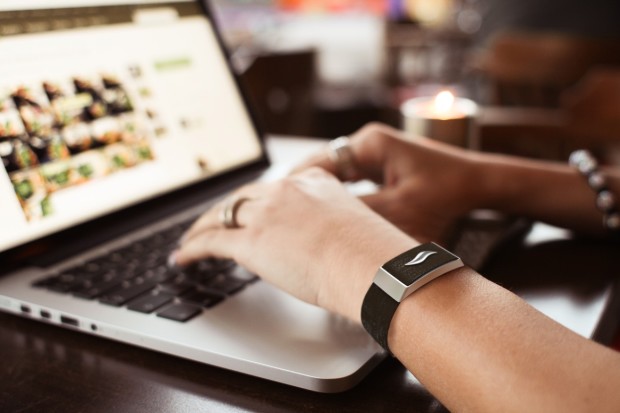 The best wearable devices for business
The best wearable devices for businessBest The best lightweight devices to help you stay productive during a busy workday
-
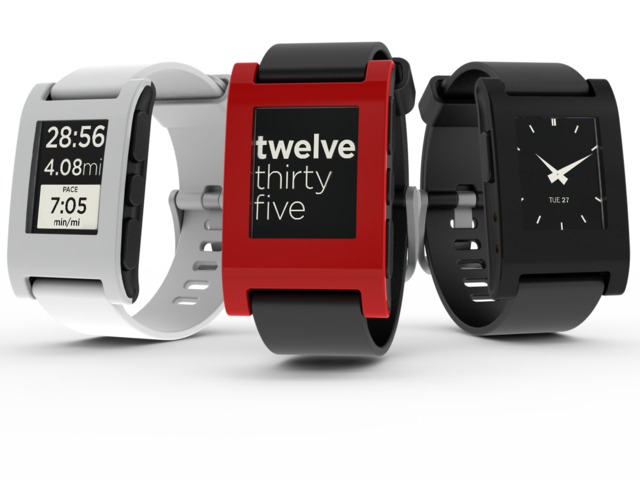 Smartwatch sales slump 52% as hype wanes
Smartwatch sales slump 52% as hype wanesNews Apple, Lenovo and Pebble all lose out in third quarter
-
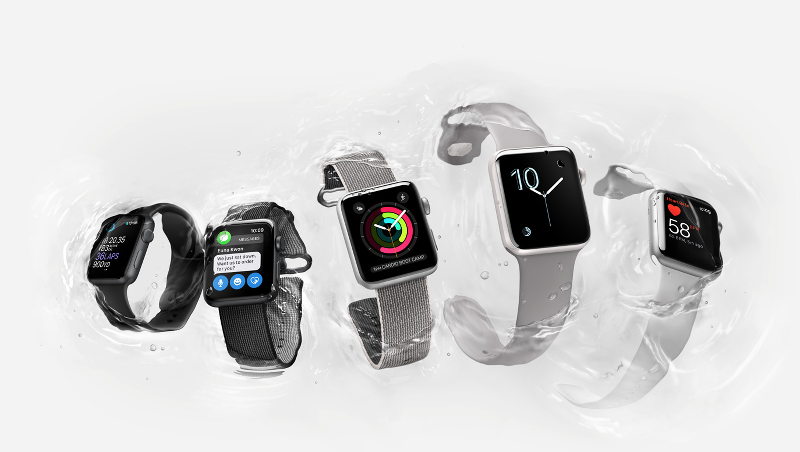 Apple Watch Series 2 review: First look
Apple Watch Series 2 review: First lookFirst look If you waited for the second generation, you haven't wasted your time
-
 Apple September 2016 Special Event live blog: Apple Watch 2, iPhone 7 release date and prices
Apple September 2016 Special Event live blog: Apple Watch 2, iPhone 7 release date and pricesRumours Apple also unveils iOS 10 and Watch OS 3
-
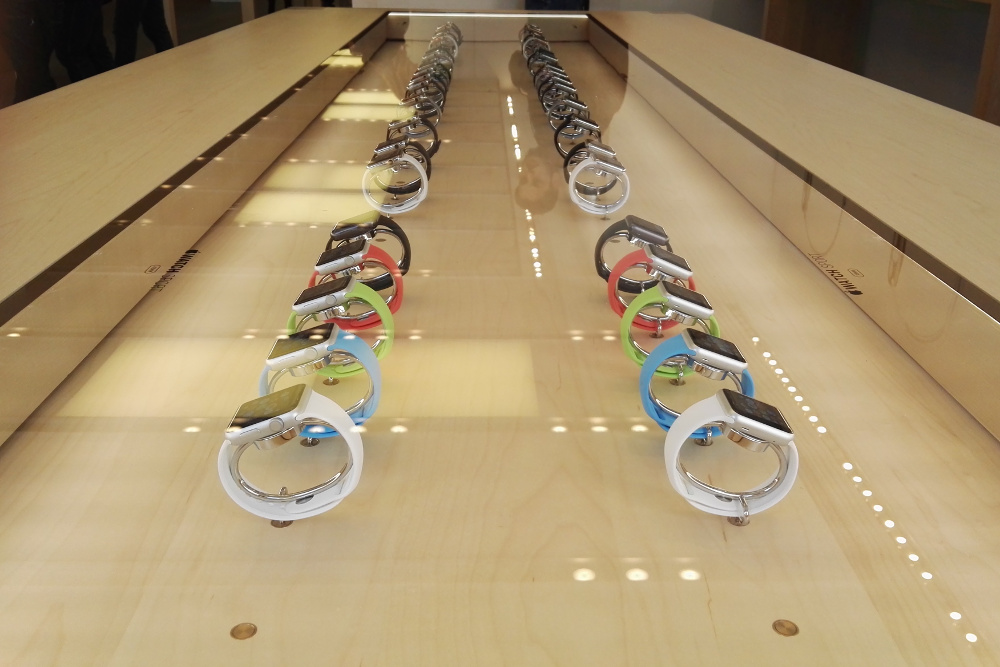 Apple watchOS 3 release date and features: watchOS 3 update available on 13 September
Apple watchOS 3 release date and features: watchOS 3 update available on 13 SeptemberRumours watchOS 3 can be downloaded from Tuesday next week
-
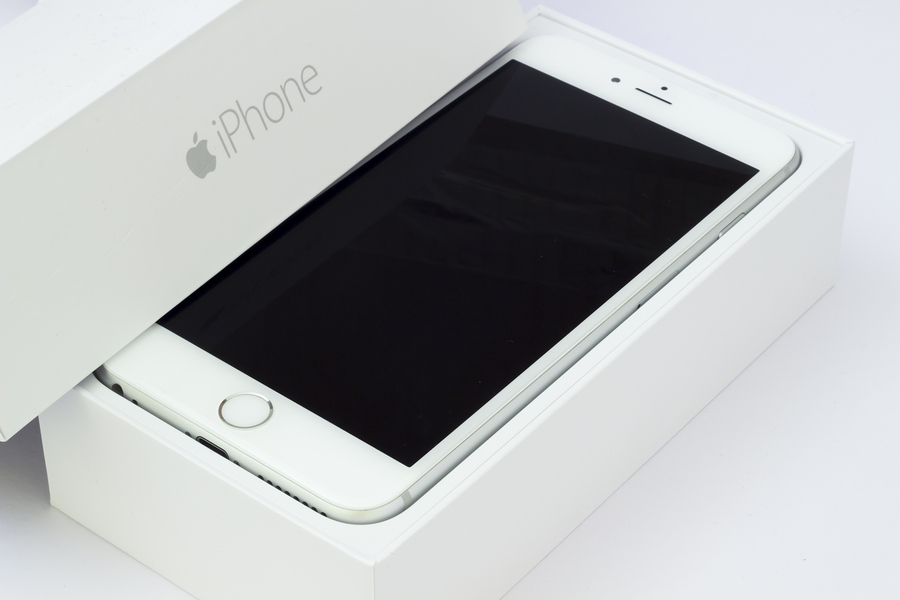 What we want to see at Apple’s Special Event
What we want to see at Apple’s Special EventNews Our take on what Apple will launch tonight, and what else we’d like to see
-
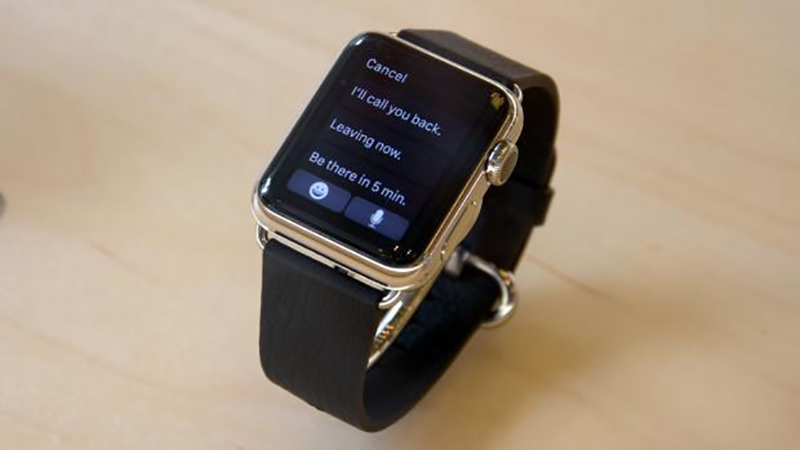 Apple Watch release date, price, features, availability and delivery date: Special edition Apple Watch bands arrive for the Olympics
Apple Watch release date, price, features, availability and delivery date: Special edition Apple Watch bands arrive for the OlympicsRumours But will only be available in Brazil